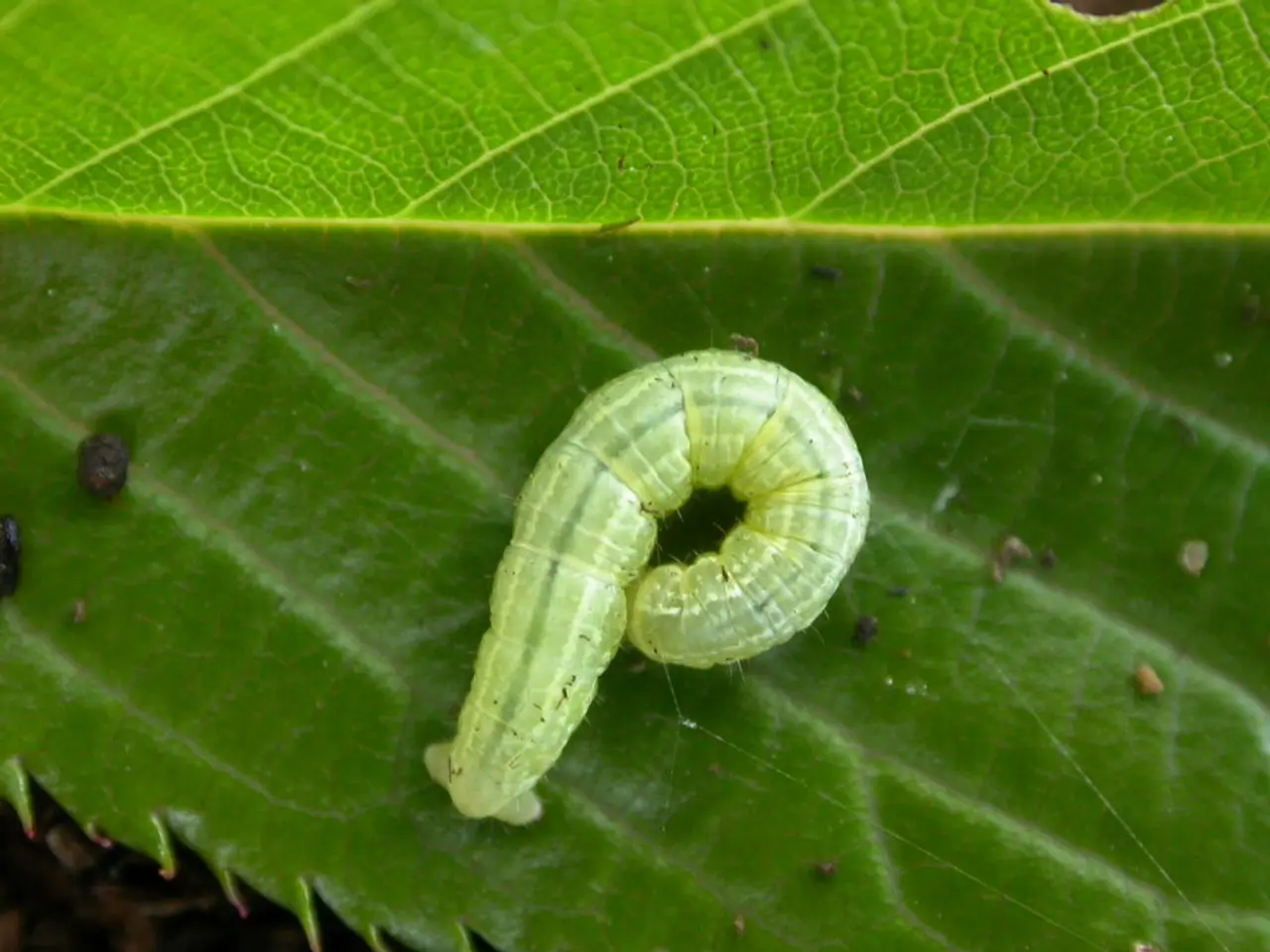Ringworm in Infants: Visual Guides, Medical Treatments, and Home Remedies
Ringworm, a contagious fungal infection also known as tinea or dermatophytosis, can affect any part of a baby's skin, hair, and nails. This article outlines preventive strategies and treatment options for ringworm in babies.
**Prevention Strategies for Ringworm in Babies**
1. Maintaining good hygiene is crucial. Keep the baby clean and dry, especially after diaper changes, and wash hands thoroughly before and after handling the baby.
2. Avoid high-risk areas such as showers, gym locker rooms, and surfaces that may harbour fungal spores. Use footwear in areas like pool decks and parks.
3. Prevent sharing of personal items like pillows or beds with others who may have ringworm.
4. Manage wet conditions by changing wet clothes and diapers promptly to avoid creating a moist environment conducive to fungal growth.
5. Regularly check pets for signs of ringworm and treat them if necessary.
6. Dress the baby in loose, breathable clothing to prevent excessive sweating. Use talcum powder to reduce sweat in areas prone to moisture.
7. If a family member has ringworm, ensure they cover the affected area with clothing or a bandage to prevent spread. Treat all family members with antifungal shampoo if the baby has scalp ringworm.
By following these strategies, you can significantly reduce the risk of ringworm in babies.
**Treatment of Ringworm in Babies**
If ringworm gets worse after treatment, the baby may have an infected rash and may need antibiotics. Ringworm on the scalp may require prescription antifungal medicine, and special shampoos may be recommended to avoid irritating the rash. Most over-the-counter (OTC) antifungal creams and powders can treat ringworm infections.
Options for OTC treatments include clotrimazole, miconazole, ketoconazole, and terbinafine. However, it is best to talk to a doctor before trying a home remedy for ringworm, as home remedies can cause side effects. Without treatment, the rash may spread, and the infection can spread from one person to another, especially if they are in close contact or share certain items.
Ringworm appears as a discoloured circle on the skin. Babies who scratch the rash may introduce bacteria into the wound, which can cause a more serious bacterial infection. A doctor can often diagnose ringworm just by looking at the skin, but may take a small skin sample for examination if uncertain.
Preventing ringworm in babies can be difficult due to their close contact with others. Strategies to lower the risk include keeping them away from surfaces that increase the risk of fungal infection, keeping them home from daycare if another child has ringworm, changing babies out of wet clothes and diapers, not allowing a baby to share a pillow or bed with a family member who has ringworm, and having household members with ringworm keep the rash covered with clothing or a bandage until it is no longer contagious.
- While maintaining good hygiene, including cleaning and drying the baby regularly, particularly after diaper changes, can help prevent ringworm, it's also important to avoid high-risk areas associated with fungal spores such as showers, gym locker rooms, and certain surfaces.
- To further prevent the spread of ringworm, it's advisable to avoid sharing of personal items like pillows or beds with others who may have the infection.
- Moist environments favor fungal growth, so it's essential to change wet clothing and diapers promptly, and manage wet conditions to reduce the risk of ringworm.
- Regular checks for signs of ringworm on pets, and timely treatment if found, can help mitigate the risk of transmission to babies.
- Dressing the baby in loose, breathable clothing that allows for good air circulation can help prevent excessive sweating, which may contribute to ringworm.
- Using talcum powder in areas prone to moisture can help reduce sweat, and thus, the risk of ringworm infection.
- If a family member has ringworm, they should cover the affected area with clothing or a bandage to prevent its spread within the family. If the baby has scalp ringworm, all family members should be treated with antifungal shampoo.
- Given the potential for ringworm to progress and spread from person to person, especially in close contact or when sharing certain items, prompt treatment with methods like antifungal creams, shampoos, or prescription medications, as advised by a healthcare professional, is important for maintaining the health-and-wellness of both the baby and their mental-health, and for the overall skin-care of the family.




